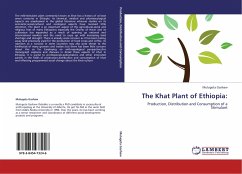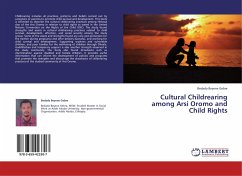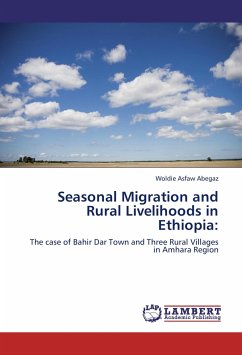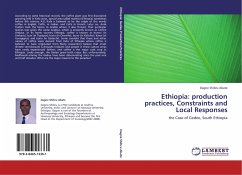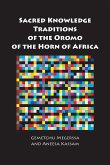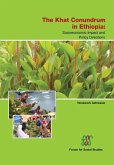The mild-stimulant plant commonly known as khat has a history of at least seven centuries in Ethiopia. Its chemical, medical and pharmacological aspects are emphasised in the global literature whereas studies on its economic,social,cultural and ecological aspects have received little attention. The plant is an important aspect of the agricultural,social and religious lives of many Ethiopians especially the Oromo of Harar and its cultivation has expanded as a result of opening up national and international markets and the need to cope up with increasing land shortage and drought. There is already some concern as it has been taking away land previously used for the production of food crops and coffee. Its rejection as a narcotic in some countries may also pose threat to the livelihoods of many growers and traders but there has been little concern about this so far. Employing an anthropological perspective,this monograph explores and discuses in detail these aspects of khat in Ethiopia. It is useful to professionals,policymakers and other interested parties in the fields of production,distribution and consumption of khat and effecting programmed social change about the khat culture
Bitte wählen Sie Ihr Anliegen aus.
Rechnungen
Retourenschein anfordern
Bestellstatus
Storno

